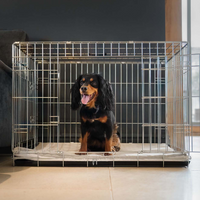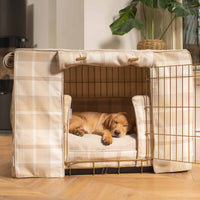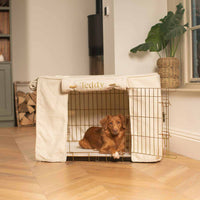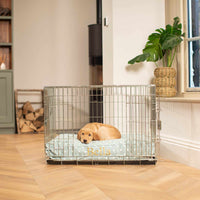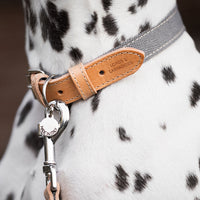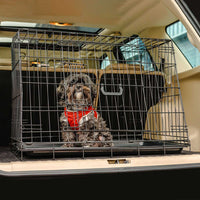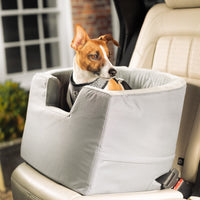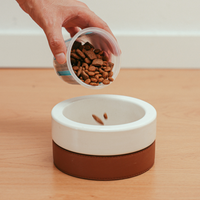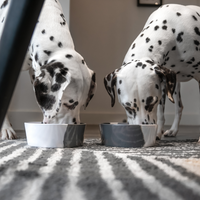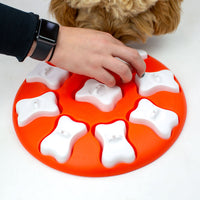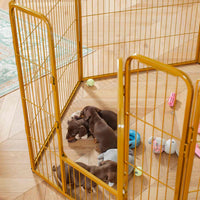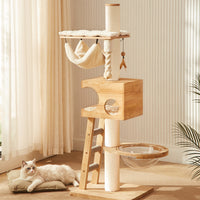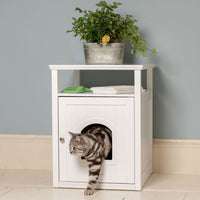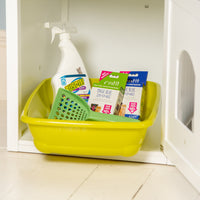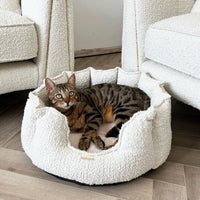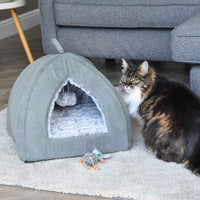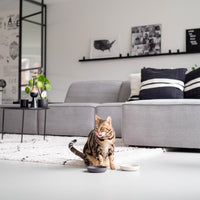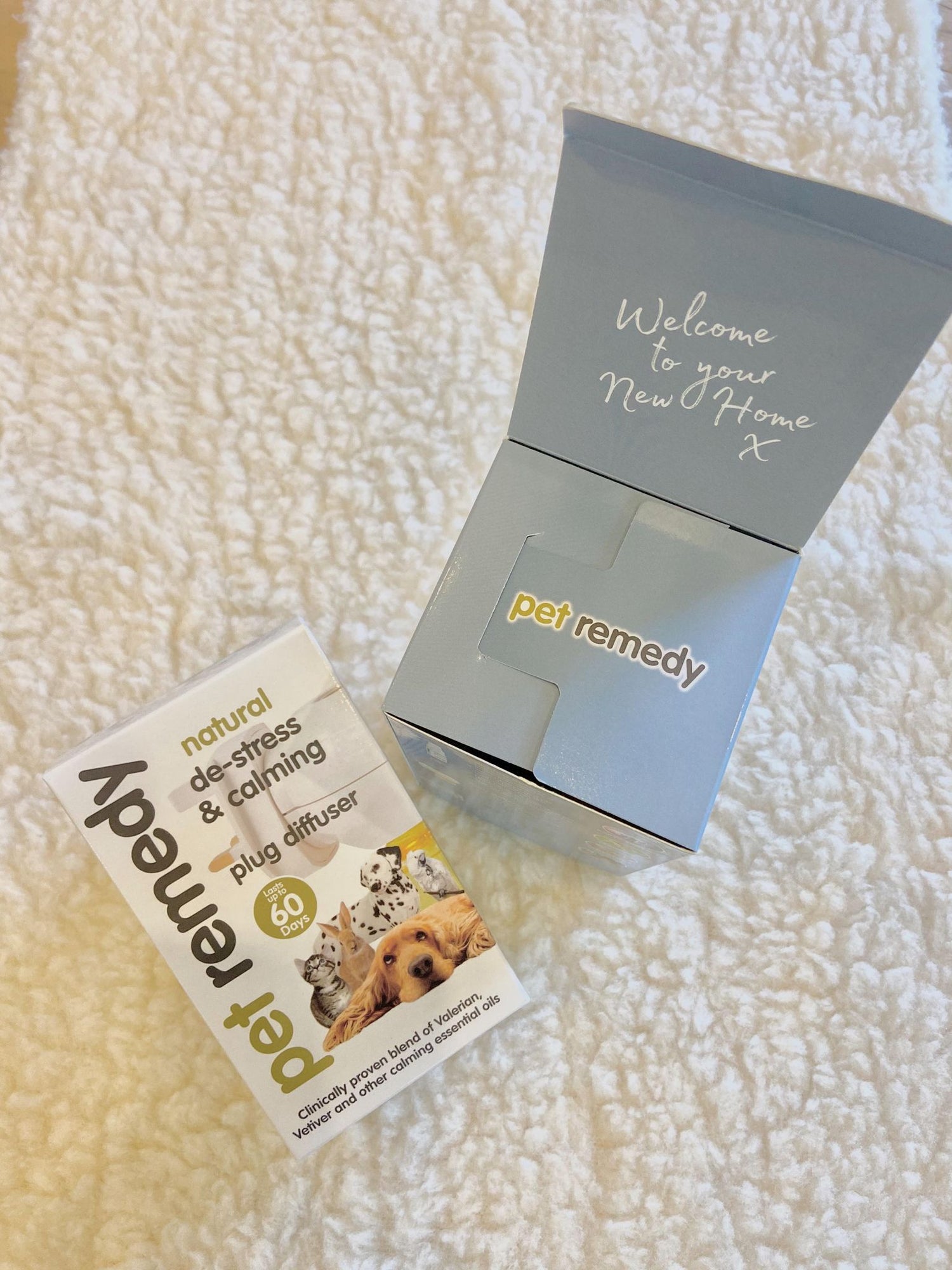Dogs and cats, just like humans, are social creatures and leaving them on their own can cause distress. This can lead to both physical and psychological problems; pets can show signs of anxiety through vocalisation, destructive behaviour, distress as the owner prepares to leave, excessive grooming, along with other unusual behaviour.
Why Do Pets Suffer From Separation Anxiety?

There are many reasons why a pet can develop separation issues.
- If your pet has grown attached to you or another member of the family and isn’t used to being away from them.
- There is something that frightens or worries them such as loud noises or strangers (the postman for example). Pets feel much more vulnerable when they are left to their own devices which will only heighten their feelings of fear.
- Pets can also become unsettled if another animal companion dies. Strong bonds can be developed between each of our pets and they will suffer from the loss as much as humans.
- Boredom. As mentioned before, boredom can be the cause of many issues in pets, particularly in young energetic pets who need lots of stimulation.
What Should I Do To Prevent Separation Anxiety?

The key to preventing such issues lies in training from an early age. Try to leave your pet alone for short periods at a time from puppy or kitten stage so they realise that being away from you isn’t actually a bad thing. Choose a room in which you will leave them and make sure it is pet safe – nothing for them to break or hurt themselves on Make sure you have left them some water and a place to toilet, as well as a comfortable place for them to relax and sleep. This room should be used playtime and treat time when you are around, so they associate the area with positive things too. Many pets will like some kind of sound in the background; perhaps leave a radio on a low level in the room whilst you are out. Toys are a great addition to the area to help keep boredom levels at bay – dogs may like chew toys which will help encourage them not to chew your furnishings and tackle boredom. Maybe stuff some treats inside to keep them interested.
[Product]
You could also try some calming products. Pet Remedy comes in a number of options including plug-in diffusers and sprays. These are all natural, made from essential oils and plant extracts to naturally calm and relax your pet.
Exercise is also important. All pets require a certain level of exercise. It isn’t only good for their physical health but keeps their minds active and stimulated. Dogs should be taken on regular walks. A walk before you’re due to leave them alone is a great idea to burn off some steam and help relax them. If you have an indoor cat, provide plenty of scratch furniture and at least one tall tree. Indoor cats can be prone to weight gain anyway, due to their more sedate lifestyle. Providing them with plenty of stimulation in the form of climbing frames and toys will help keep them stimulated both when you’re at home and when you’re away.
If you think your pet is suffering from this or any other condition always consult your Vet for advice before changing routine or administering any kind of treatment. And don’t panic; there is plenty of information out there to help. There is a solution to every kind of problem!
For more expert advice and pet health information check out some of the following links:
- https://www.rspca.org.uk/adviceandwelfare/pets/general
- https://www.vets4pets.com/pet-health-advice/
- https://www.clenthillsvets.co.uk/pet-advice/
If you have any questions about this or any other topic do let us know; we’re always happy to help as much as we can.




